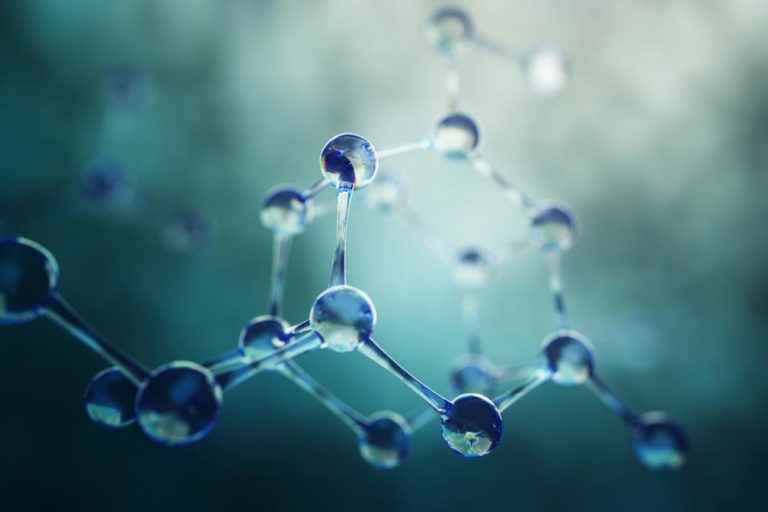Other Findings
Medical Studies on DHEA – Other Findings

DHEA has also been shown to be effective in many other conditions where the harmonious interaction of all hormones seems to be of great importance. Considering that DHEA is the hormone that is produced in the highest quantity in the body, it is understandable why changes in this hormone profile can have such overarching effects.
Therefore, in this category, we present the most important studies and future areas of application in which DHEA has been successfully used or still has further potential as a therapeutic agent.
Medical Studies on DHEA – Other Findings
Blood Dehydroepiandrosterone and Dehydroepiandrosterone Sulfate as pathophysiological correlates of chronic pain: analyses using a national sample of midlife adults in the united states
2021-02 Li R, Chapman BP, Smith SM
Identifying biomarkers is a priority in translational chronic pain research. Dehydroepiandrosterone (DHEA) and its sulfated form, DHEA-S, are adrenocortical steroids in the blood with neuroprotective properties that also produce sex hormones. They may capture key sex-specific neuroendocrine mechanisms of chronic pain.
Dehydroepiandrosterone potentiates the effect of vitamin D on thyroid autoimmunity in euthyroid women with autoimmune thyroiditis: a pilot study
2021-02 Krysiak R, Szkróbka W, Okopień B
The impact of androgens on the thyroid in women is poorly understood. The aim of the present study was to investigate whether vitamin D/dehydroepiandrosterone (DHEA) combination therapy is superior to vitamin D alone in affecting thyroid autoimmunity and hypothalamic-pituitary-thyroid axis activity in young women with autoimmune thyroid disease.
Verbal performance during stress in healthy older people: Influence of dehydroepiandrosterone (DHEA) and cortisol reactivity
2020-01 Hidalgo V, Almela M, Villada C, van der Meij L, Salvador A
The impact of stress on the dehydroepiandrosterone (DHEA) response in older population is understudied. This study investigated, in healthy older people, whether the DHEA and cortisol responses to the Trier Social Stress Test (TSST) was related to performance on this task.
Long-term DHEA replacement in primary adrenal insufficiency: a randomized, controlled trial
2008-02 Gurnell EM, Hunt PJ, Curran SE, Conway CL, Pullenayegum EM, Huppert FA, Compston JE, Herbert J, Chatterjee VK
Dehydroepiandrosterone (DHEA) and DHEA sulfate (DHEAS) are the major circulating adrenal steroids and substrates for peripheral sex hormone biosynthesis. In Addison’s disease, glucocorticoid and mineralocorticoid deficiencies require lifelong replacement, but the associated near-total failure of DHEA synthesis is not typically corrected.
Dehydroepiandrosterone (DHEA) replacement reduces growth hormone (GH) dose requirement in female hypopituitary patients on GH replacement
2006-11 Brooke AM, Kalingag LA, Miraki-Moud , Camacho-Hübner C, Maher KT, Walker DM, Hinson JP, Monson JP
GH dose requirement is lower in ACTH replete compared with ACTH deficient hypopituitary patients suggesting that adrenal androgens may augment IGF-I generation for a given GH dose. This study aimed to determine the effect of dehydroepiandrosterone (DHEA) administration on GH dose requirements in hypopituitary adults.